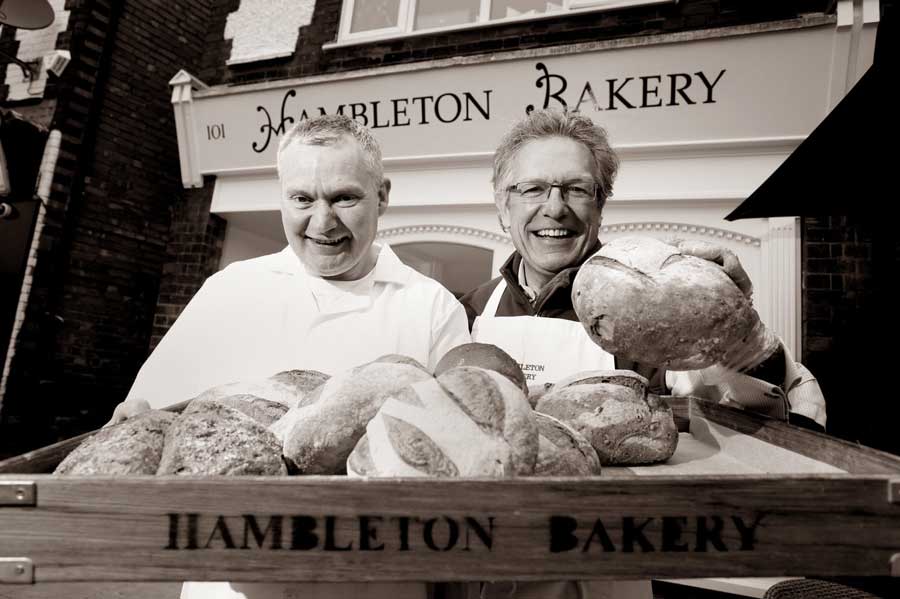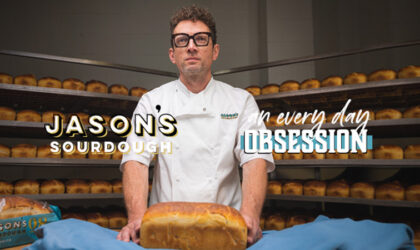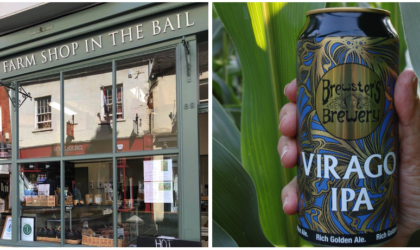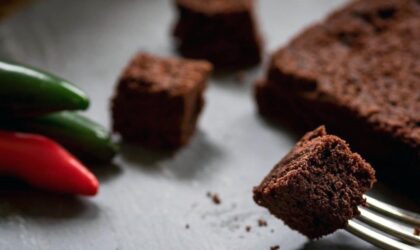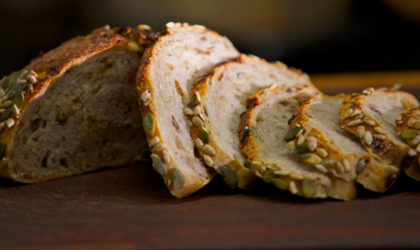England’s Bread Renaissance
Tim Hart, co-founder and owner of Hambleton Bakery, describes the rebirth of our interest in great bread…
The industrialisation of our bread is to some extent universal and inevitable. After all, a large mechanical mixer might mix dough as well as a strong man sweating over a trough. But the process has gone too far and here are some of the dire consequences:
- Large industrial bakers work with industrial flour.
- Processes designed to make bread fast produce a product that many people cannot easily digest.
- Industrial bread-making requires additives to adapt the dough to mechanical handling, to preserve the finished packaged product, and to make bread more moist or soft or white.
- Soft bread needs little chewing. Chewing helps digestion and makes us satisfied with less.
- Industrial bread lacks the taste of good bread.

These issues have led to a backlash that reminds me of the Campaign for Real Ale (CAMRA), which has promoted alternatives to industrial beer since 1971.
The results of consumer dissatisfaction are all around us. At the most basic level, there is a boom in home breadmaking which can produce a fresher imitation of the industrial product (if the wrong ingredients and processes are used) or a superlative handmade loaf. Small producers have sprung up in many regions often making and selling a handful of loaves on a market stall. The Poilane Bakery, originally based in the Rue Cherche-Midi in Paris, makes a large rye sourdough that is now available in some supermarkets around the UK and from Ocado.

London has a proliferation of shops and market operators offering bread that’s superior to standard supermarket products, and Gail’s, with some 79 outlets, is fast rolling out its formula of bread cakes and savouries of a good standard.
Perhaps the most visible sign of changing fashion has been attempts by the supermarkets to stock sourdough and other artisanal bread. It’s quite a challenge for them! They are used to selling long shelf life products sold in packaged form and their suppliers are used to processes that are unfriendly to the living doughs that make the best bread. ‘Sour-faux’ is an accurate description of some of the loaves which look like artisan sourdough but share none of the characteristics of the real thing.

Since we founded Hambleton Bakery in 2008, Julian Carter and I have stuck to some basic principles. “No additives” has been part of our philosophy from the start and there is no temptation to waver. Flour, water, salt and yeast are the basic ingredients needed for good bread.
“Slow fermentation” is possibly our most important watchword, and we have used slow fermentations not only for our sourdoughs but for tin loaves as well. The results are illustrated by customers who tell us they can eat our bread but cannot digest a standard supermarket loaf. Slow fermentation does not just benefit those with sensitive digestions. It is slow fermentation that helps develop flavour and texture.
The search for the perfect flour for each loaf will always be a work in progress but we are proud of the local flours we buy from the Boston windmill and Whissendine windmill and the rye from Whatton Farm as well as some great flour from France and Italy where needed to add qualities not found in homegrown grain.

Our new bakery on the A1 at Stretton will help us in many ways to deliver better bread to more customers. Mixers are larger, dough development is subject to better temperature control, ovens have greater capacity and produce a better crust and more even bake, and dividers weigh the loaves without spoiling the dough. All of the above have been chosen with the primacy of the recipe in mind. The machine has to suit our recipe and not vice versa.
With bread, localism really is an advantage. We deliver only within an hour’s drive from the bakery, so our bread is eaten generally within a few miles of its birthplace.
